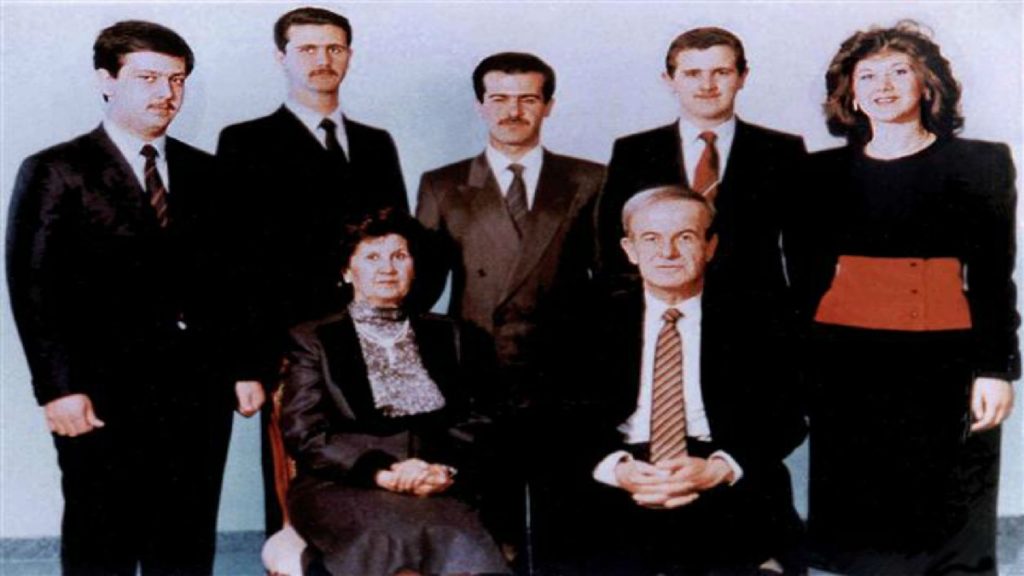Anisa Makhlouf: The Power Behind the Throne of the Assad Regime
The Life and Legacy of Syria's Most Influential Woman Who Shaped Decades of Rule
Watan–Anisa Makhlouf was not merely the wife of Hafez al-Assad; she was the true architect of the Syrian regime for decades. Operating behind the scenes, she ruled Syria with an iron fist through her indirect yet profound influence on the decisions of the now-defunct regime.
Known for her sharp wit and intelligence, she served as an unofficial advisor to her husband, playing a pivotal role in consolidating his authority and ensuring the Assad family’s grip on power even after his death.
Power and Influence
Belonging to the influential Alawite Makhlouf family, Anisa leveraged her marriage to Hafez al-Assad to benefit her relatives. Her family, particularly her brother Rami Makhlouf, secured lucrative contracts in sectors like telecommunications, oil, and banking, effectively monopolizing Syria’s economy.
Anisa also played a central role in grooming her son Bashar al-Assad as Hafez’s successor, particularly after the death of her eldest son, Bassel al-Assad, in 1994. She saw Bashar as the rightful heir despite his perceived lack of charisma and was instrumental in rallying military and political circles to support his presidency after Hafez’s death in 2000. Her relationship with Bashar was controlling, influencing his political and personal decisions and guiding him on key national matters.

Role During the Syrian Uprising
When the Syrian revolution erupted in 2011, Anisa’s grip on the regime tightened. She was reportedly one of the chief proponents of violent crackdowns on protests. Her influence extended to the establishment of notorious secret prisons like Sednaya, which became symbols of brutal repression under Bashar al-Assad. Anisa believed in an iron-fist approach, rejecting any form of dialogue with the opposition.
Declining Power and Isolation
In her later years, Anisa faced declining influence, particularly as Iran and Russia became more involved in Syrian affairs. This shift forced her to leave Syria in 2013 for medical treatment in Dubai and later Germany. However, due to European sanctions that froze her assets and restricted her travel, she returned to Syria.
She spent her final years in near isolation at a palace in Damascus, reportedly sidelined even within the Assad regime’s inner circle as Bashar shifted his reliance to newer advisors. Anisa Makhlouf passed away in February 2016 at the age of 86, leaving behind a legacy of power and corruption that continues to shape Syria’s political landscape.






